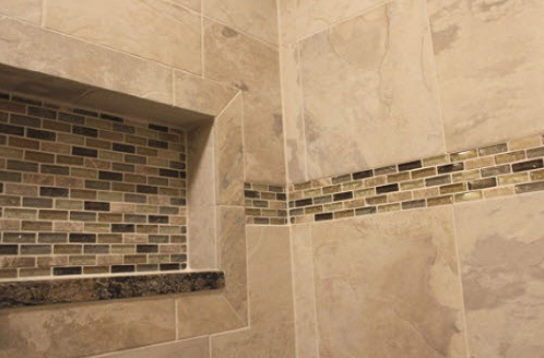When it comes to rejuvenating your bathroom space, shower walls tiling replacement stands out as a transformative endeavor. It not only revitalizes the aesthetics but also contributes to the overall hygiene and functionality of your bathroom. One often overlooked yet crucial aspect of this renovation process is waterproofing.
Waterproofing plays a paramount role in ensuring the longevity of your shower walls and preventing potential issues such as mold, mildew, and structural damage
Understanding the Significance of Waterproofing
Shielding Against Water Infiltration:
The primary purpose of waterproofing is to create a protective barrier against water infiltration. Bathrooms are inherently moisture-prone environments, and without proper waterproofing, water can seep through the grout lines and porous tiles, leading to long-term damage.
Preventing Mold and Mildew Growth:
Moisture accumulation provides an ideal breeding ground for mold and mildew. Waterproofing inhibits the growth of these unwanted guests, promoting a healthier and cleaner bathroom environment.
Structural Integrity:
Over time, water damage can compromise the structural integrity of your shower walls. By implementing effective waterproofing solutions, you fortify the underlying structure, reducing the risk of deterioration and costly repairs.
Choosing the Right Waterproofing Methods
Waterproof Membranes:
Consider incorporating waterproof membranes during the tiling replacement process. These thin layers act as an additional barrier, preventing water from reaching the underlying surfaces.
High-Quality Sealants:
Invest in high-quality sealants designed specifically for wet environments. Applying these sealants to grout lines and seams enhances water resistance, providing an extra layer of protection.
Professional Installation:
Engaging professionals for your shower walls tiling replacement ensures that waterproofing is executed with precision. Their expertise ensures that every nook and cranny is adequately sealed, leaving no room for potential water damage.
Practical Tips for Effective Waterproofing
Thorough Surface Preparation:
Properly prepare the surfaces before installing new tiles. Ensure that all existing grout and adhesive are removed, and the walls are clean and dry before applying waterproofing materials.
Consistent Maintenance:
Regularly inspect and maintain the waterproofing elements in your shower. Address any signs of wear or damage promptly to ensure continuous protection.
Conclusion
When it comes to shower walls tiling replacement, the significance of waterproofing cannot be overstated. It goes beyond mere aesthetics, serving as a proactive measure to safeguard your investment and maintain a functional, beautiful bathroom for years to come. Prioritize waterproofing in your renovation project, and reap the benefits of a resilient and enduring shower space.



 Click To Call / Text
Click To Call / Text
